Sudan
A new surge of displacement from Sudan’s conflict-hit city of El-Fasher is triggering renewed alarm among aid agencies, as families fleeing violence recount harrowing experiences of abuse, hunger and deadly journeys to safety. Camps receiving new arrivals say they are overwhelmed, with doctors warning that the influx is stretching already limited resources.
Rawda Mohamed, who escaped from El-Fasher, described a terrifying journey on foot to reach safety.
“We walked in the streets for two days on our feet. If the cars of the Rapid Support Forces found you, they beat you. If they didn't see you, then you won’t get beaten. In Karni, we walked for a period of eight hours,” she said. Asked what she witnessed along the way, she replied: “In the street, we saw beating, raping, whipping… anything. Even running people over with their cars.”
Scenes at the camps reflect the trauma of those fleeing, as families crowd into makeshift tents while humanitarian workers struggle to respond. Medical teams are treating malnourished children, pregnant women, and people injured during their escape.
Another displaced resident, Othman Mohamed, said the situation in El-Fasher had become unbearable under siege.
“We lived through a very big crisis… continuous shelling by drones, artillery and random bullets. Food also took a hit, it was a complete siege. There was no food at all. We reached the point where we were eating ombaz… then ombaz was not even available. And every day, we were subjected to so much harassment,” he said.
He described scenes of tragedy on the roads out of the city.
“There were dead bodies on the streets… people who collapsed because of the walking, exhaustion and harassment. They would ask for water. If you had it, you would give them some, and if not, you left them in the streets — women and children. Most of them were women and children.”
Aid organizations say the growing number of displaced families is worsening already dire conditions in the camps, where clean water, food and medical supplies remain critically scarce. With more people expected to flee escalating violence, humanitarian workers warn that the system is on the brink of collapse unless urgent support arrives.





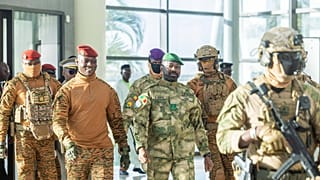
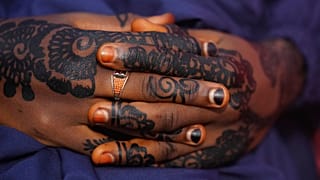

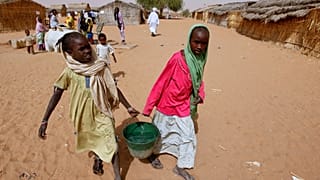
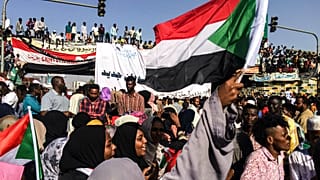
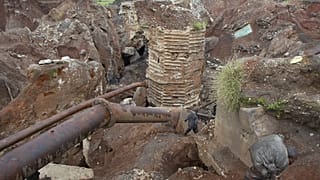
Go to video
Sudan’s top general meets Egyptian President amid growing pressure to resolve the war
01:00
Gaza's displaced struggle with heavy rain and cold weather in fragile tents
00:01
Severe winter storm puts 800,000 displaced Palestinians at risk, says UN
00:42
UN condemns deadly drone strike on peacekeepers in Sudan’s Kordofan
02:16
40,000 flee DRC fighting into Burundi
00:03
Floodwaters devastate Gaza camps amid ongoing humanitarian crisis